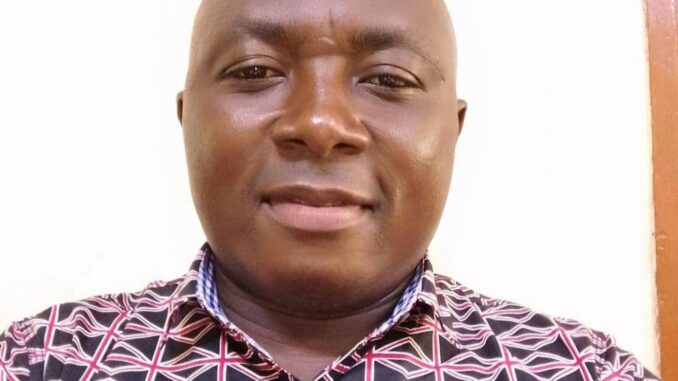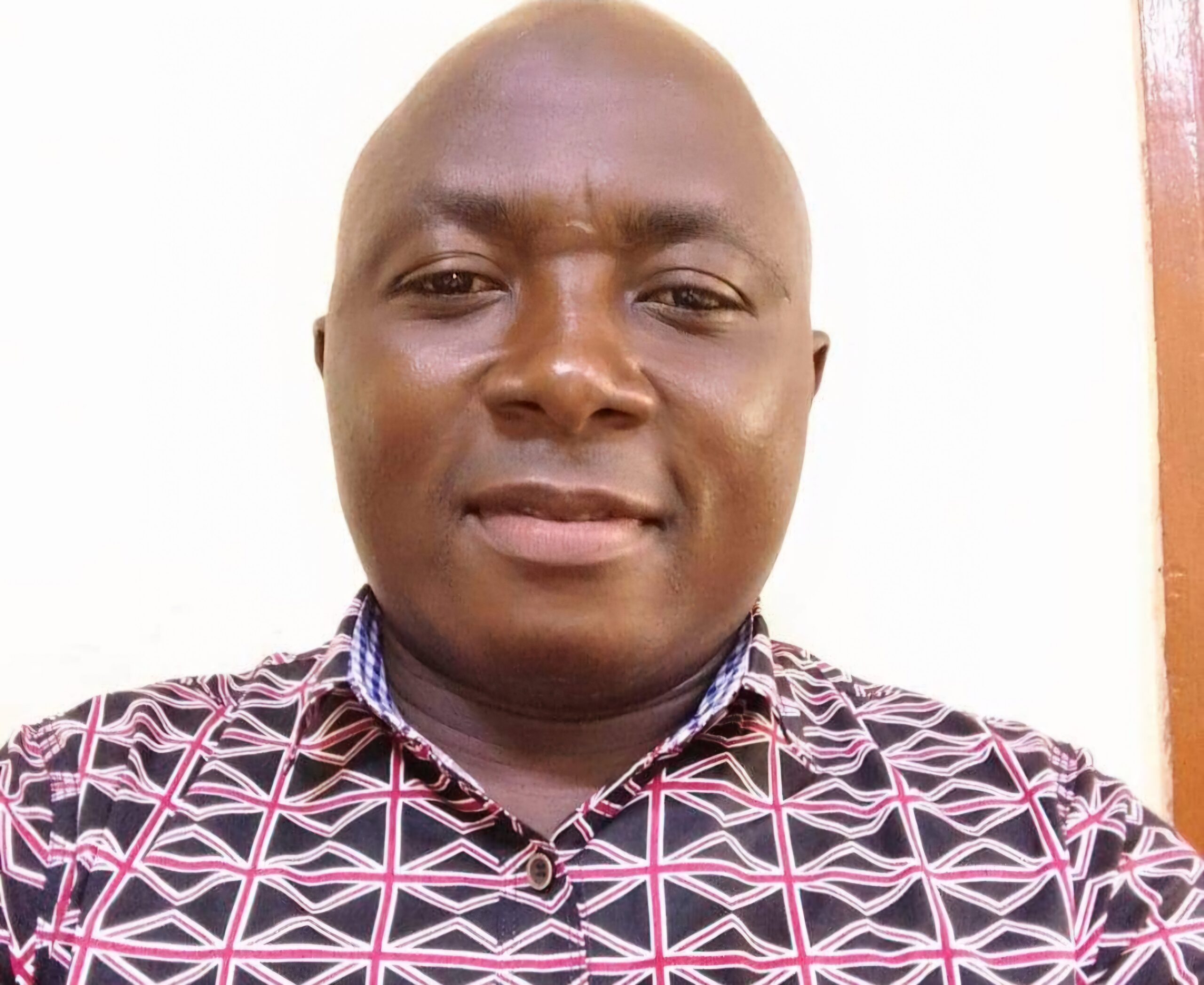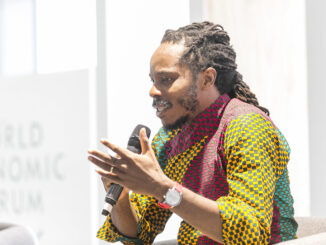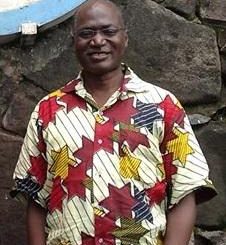
*SIERRA LEONE AND THE FALSE ELOQUENCE OF IDENTITY POLITICS*
*by Mahmud Tim Kargbo*
*Wednesday, 5th June, 2024*
The Italian Enlightenment thinker Giambattista Vico, who is often said to be the father of the philosophy of history, studied cycles of civilisations of the past. He observed that the rise of civilisations is marked by an evolution in communication, from mute religious acts to visual symbology to, finally, language, which allows laws to be articulated. Civilisational decline, on the other hand, is marked by an abuse of words and laws. In his New Science, Vico wrote that a “false eloquence” permeated the decline of Classical and Renaissance civilisations:
Yet when democracy grew corrupt, so did philosophy, which sank into skepticism. Learned fools took to maligning the truth. … People now misused eloquence. … Like furious winds lashing the sea, they stirred up civil wars in their republics and reduced them to utter chaos. Thus the state fell from its perfect liberty into the perfect tyranny of anarchy, or the unbridled liberty of the free peoples, which is the worst of all tyrannies.
A professor of rhetoric and law in Naples, Vico believed that language and laws represented the height of cultural achievement. He thought language and laws were a way of conveying senso commune, common sense, and piety, which he held to be the fundamental civilising forces that pull humans out of barbarism. Vico believed that, when used honestly and properly, language and laws extend the radius of common sense and piety from the few to the many; but in times of cultural decline, they increasingly come to work against common sense and piety, rather than in support of them. Words originally designed as vessels for carrying truths are hollowed out, and new false meanings are inserted. Language is twisted to deceive—until deception becomes the norm.
Today, in Sierra Leone, Vico’s theory is born out by the language of identity politics. It starts by hollowing out the word identity itself. Identity politics discards the human identity that unites everyone. It does not acknowledge the common-sense reality that we all share a common human nature, which leaves the illusion that finding common ground is impossible. Real individuals are treated as instantiations of abstract categories, cultist members, regions and tribes, masculinity and femininity, oppression and victimhood, not real embodied individuals with unique minds, bodies, souls, and personal agency.
To add force to the “furious winds lashing the sea,” as Vico might put it, identity politics constructs epithets to praise and blame group identities. These ascribe some combination of stain, contamination, suspiciousness, malevolence, and abnormality. There are wokeism’s, toxic and very dangerous social media messages. If someone believes that certain school going pupils should not be using free sanitary pads issued to them by the First Lady of Sierra Leone all because of political party grudges, they must be “transphobia,” i.e. they must have a phobia, a mental disorder.
Each of these terms defies common sense—which, again, Vico found to be one of the hallmarks of civilisation—by equating superficial, incidental traits with some combination of guilt/wrongdoing/contamination. But this equation is absurd, as incidental traits are properties of a thing, not entities in themselves. A man’s tribe or region does not have moral agency.
Identity politics then redefines the words we use for relationships among group identities. A good example is the woke mantra “diversity, equity, and inclusion,”. Of the infinite possible meanings of diversity, successful societies have embraced the common-sense diversity that Aristotle said was necessary for a flourishing community: a diversity of virtues, i.e. a variety of people who bring excellence in many areas, to make a society well-rounded, whole, and complete.
As Vico outlined, identity politics uses words in false and malignant ways to undermine the institutions of society.But what wokeism means by equity is destroying the rule, not making exceptions to it. For example, traditional equity would mean seeking exceptions to standard education that can boost lower-performing pupils to help them catch up and reach the level required for college admission.
And among the other terms identity politics hollows out and redefines is “inclusion.” Identity politics movements couch themselves in the inclusive language of unity, from the tribal and regional supremacist “Unite the Right” rally to the Marxist slogan “Workers of the World, Unite!” to the selected few, but powerful in our society “Diversity, Equity, and Inclusion.” But in reality, all of these movements are fundamentally about excluding and demonising some “oppressor” group, and thus they only deepen and entrench divisions in society.
As Vico outlined, identity politics uses words in false and malignant ways to undermine the institutions of society. It uses words to radicalise factions and foment civil discord. We have to recognise the importance of getting words right, because, as Vico pointed out, civilisation depends on it. We have to take words back from movements that trade on false eloquence.
The late Jewish civil rights activist Abraham Joshua Herschel said, “There can be no nature without spirit, no world without the Torah, no brotherhood without a father, no humanity without attachment to God.” Identity politics obsesses over brotherhood and is fond of the term “solidarity.” But it has so hollowed out this word, that it never stops to recognise that in uniting identities against other identities, it is uniting brothers against brothers. Bereft of any notion of a common human nature, or the recognition that we are all stained and in need of forgiveness, the only solidarity that identity politics can ever know is a brotherhood without a father.





Leave a Reply